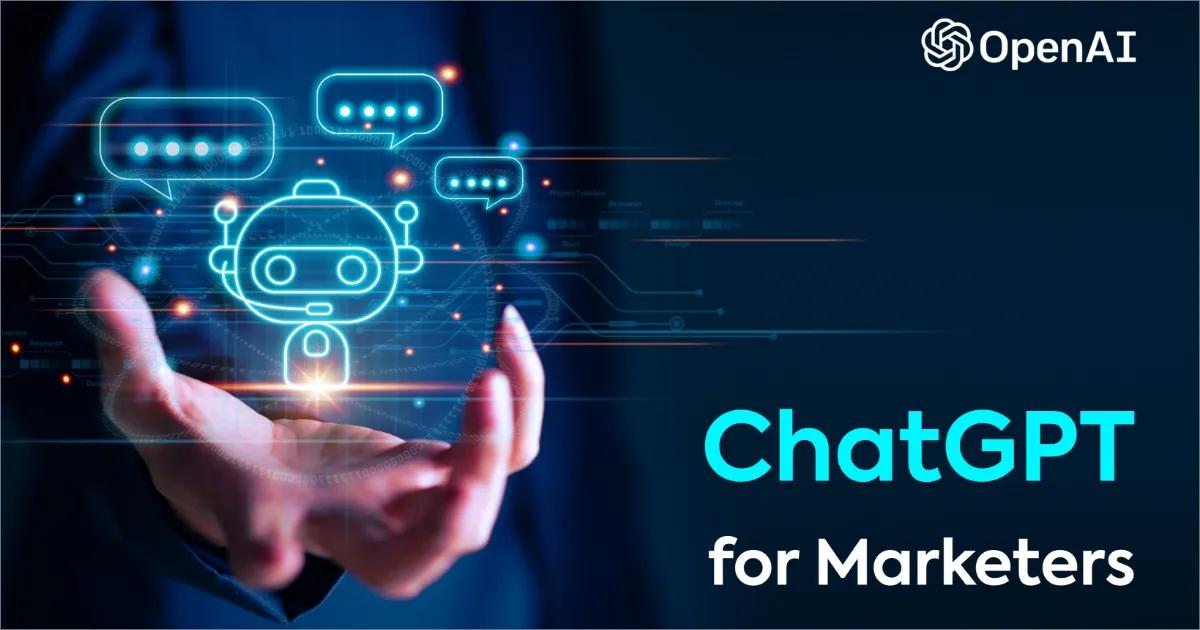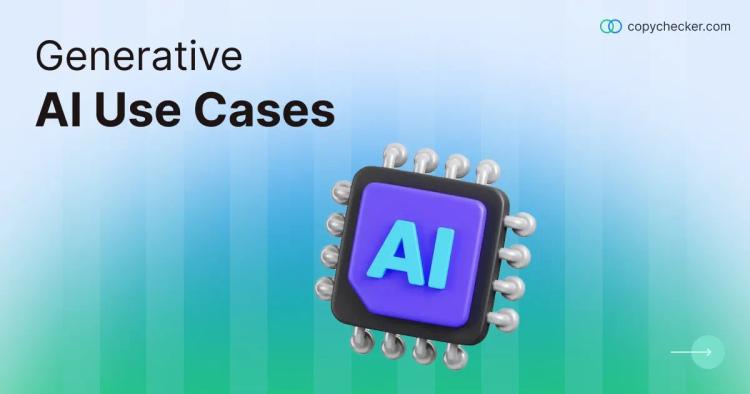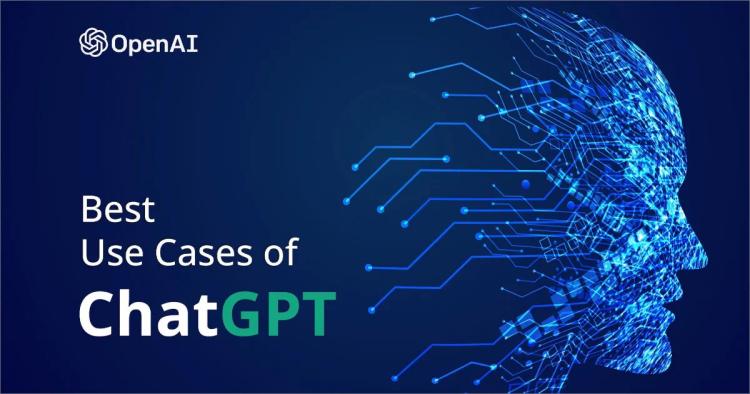In today's fast-paced digital world, marketers constantly look for new ways to reach their target audience and stay ahead of the competition.
With the rise of artificial intelligence and natural language processing, ChatGPT is a powerful tool to help marketers achieve their goals.
As a large language model trained by OpenAI, ChatGPT can assist marketers in various ways, from generating creative campaign ideas to analyzing customer data and optimizing ad targeting.
In this article, we'll explore how ChatGPT can help marketers improve their strategies and achieve better results.
Whether you're a seasoned marketer or just starting, you will want to take advantage of the valuable insights that ChatGPT can provide.
Related: What is ChatGPT? An AI Tool With Limitless Possibilities
Here are some of the ways that marketers may benefit from ChatGPT.
1. Personalized Communication
Customers want to be treated as individuals and valuable advice when it comes to any buying needs.
ChatGPT may collect data on consumer preferences and utilize it to provide customized product and content suggestions.
You may also use AI to make it interactive, such as with quizzes and games, so clients have a good and engaging experience.
ChatGPT will make the following recommendations based on the data gathered:
Products: ChatGPT can propose items based on the customer's browsing and buying history.
Content suggestions: ChatGPT may utilize data and behaviors to identify customers' interests and propose material like articles, videos, and podcasts.
Advertising: The AI software can customize internet advertising to boost the chance of a client becoming interested enough to make a buy.
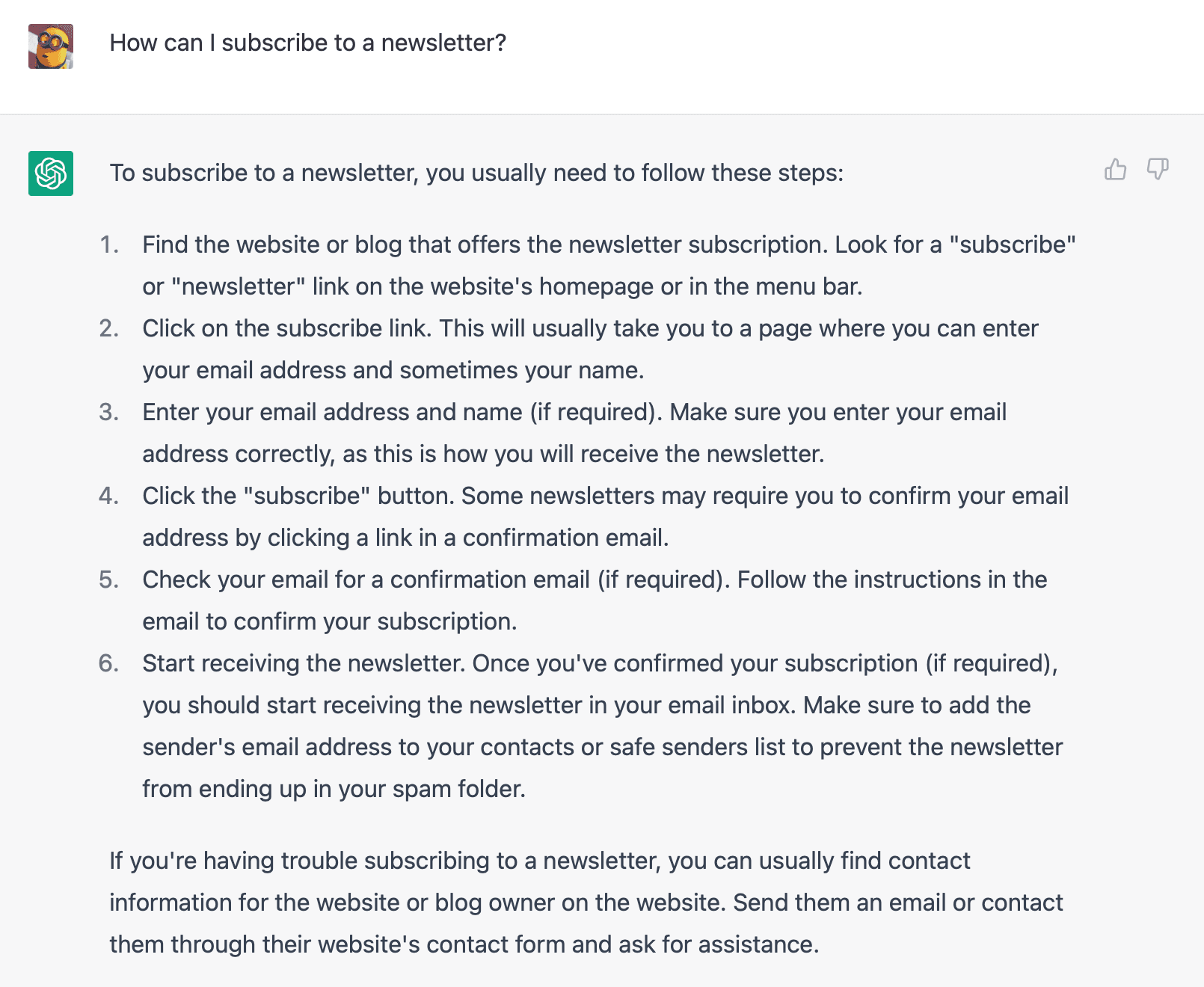
2. Always Available
Another significant advantage of using ChatGPT for marketers is the ability to provide availability throughout the clock.
Customers may communicate with a chatbot anytime and receive immediate responses to their inquiries.
Consumers are more inclined to purchase if they receive prompt assistance, which may increase customer satisfaction and conversion rates.
3. Creating Leads
Due to its linguistic skills, ChatGPT can hold interactive text-based dialogues with site visitors to address problems.
ChatGPT assists clients during these discussions and captures information that may be utilized for lead generation and lead nurturing.
Marketers may also utilize ChatGPT to interact with website visitors and gather useful segmentation data.
More specific applications include:
Chatbots: ChatGPT allows marketers to create chatbots for their e-commerce sites and social media platforms.
Chatbots, like people, may interact with visitors to deliver updates on goods and services and acquire contact and preference details for lead generation.
Lead Scoring: ChatGPT may be implemented into a lead scoring system to assist in identifying and prioritizing high-quality leads.
In most cases, a lead scoring matrix or software is used; however, ChatGPT evaluates a visitor's interactions with a website, social media, or chatbot and provides a score based on whatever parameters the advertiser desires.
Targeted email marketing initiatives: ChatGPT can develop customized email marketing based on a consumer's activity and interests since it can save and analyze so much data.
ChatGPT can create highly targeted emails to assist in boosting the success of email campaigns and conversions by monitoring a customer's interactions with the website, social media, or chatbot.
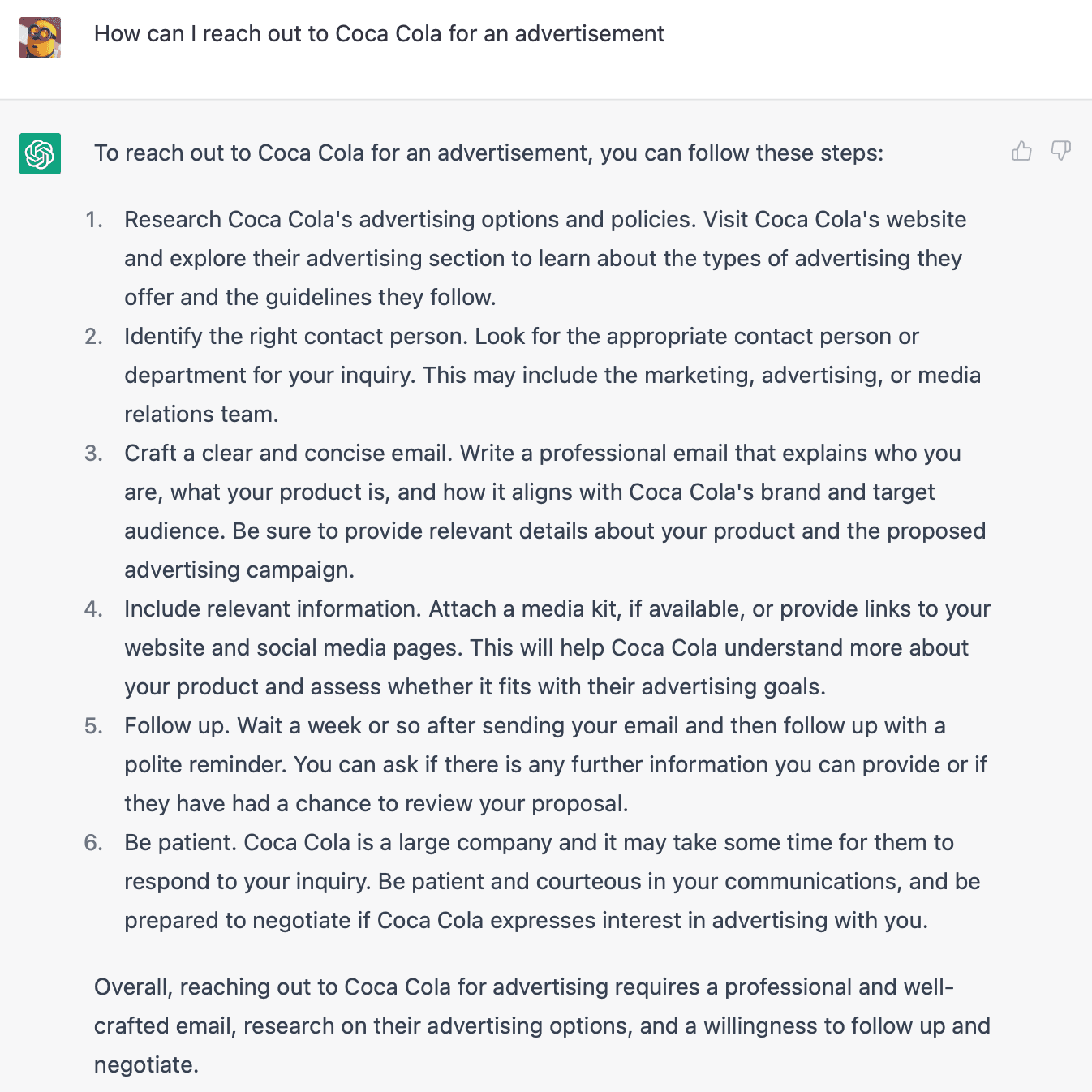
4. Customer Service
ChatGPT for marketers is a wonderful resource for offering 24/7 customer service, ensuring that your e-commerce site is accessible to customers regardless of time zone or shopping needs.
Train ChatGPT as a chatbot to respond to FAQs, support queries, and other purposes such as:
Fully automated virtual assistants: ChatGPT can handle basic and typical customer support inquiries, including order tracking, account information, and product information.
Self-Service: ChatGPT can offer users self-service solutions for resolving difficulties, such as links to FAQs, lessons, and videos.
Multi-Lingual Compatibility: It might be difficult to locate customer support representatives who speak more than one or two languages, and clients of diverse backgrounds require assistance.
ChatGPT is a multilingual customer care agent that makes it easier for businesses to serve clients worldwide.
ChatGPT will save time and money by allowing sites to serve more customers and provide cheaper labor to businesses. As a result, human employees have more time to focus on individuals with more complicated demands.
5. Market Assessment
You must understand your audience's interests. ChatGPT can help to speed up the market research process by:
Surveys: ChatGPT may conduct surveys and questionnaires to acquire information from certain populations. It can also generate unique questions for particular customers based on current data to help them make decisions in the future.
Evaluating feedback: The application may evaluate customer feedback, compare it to key patterns, and provide a complete report to help marketers better understand customer preferences and views.
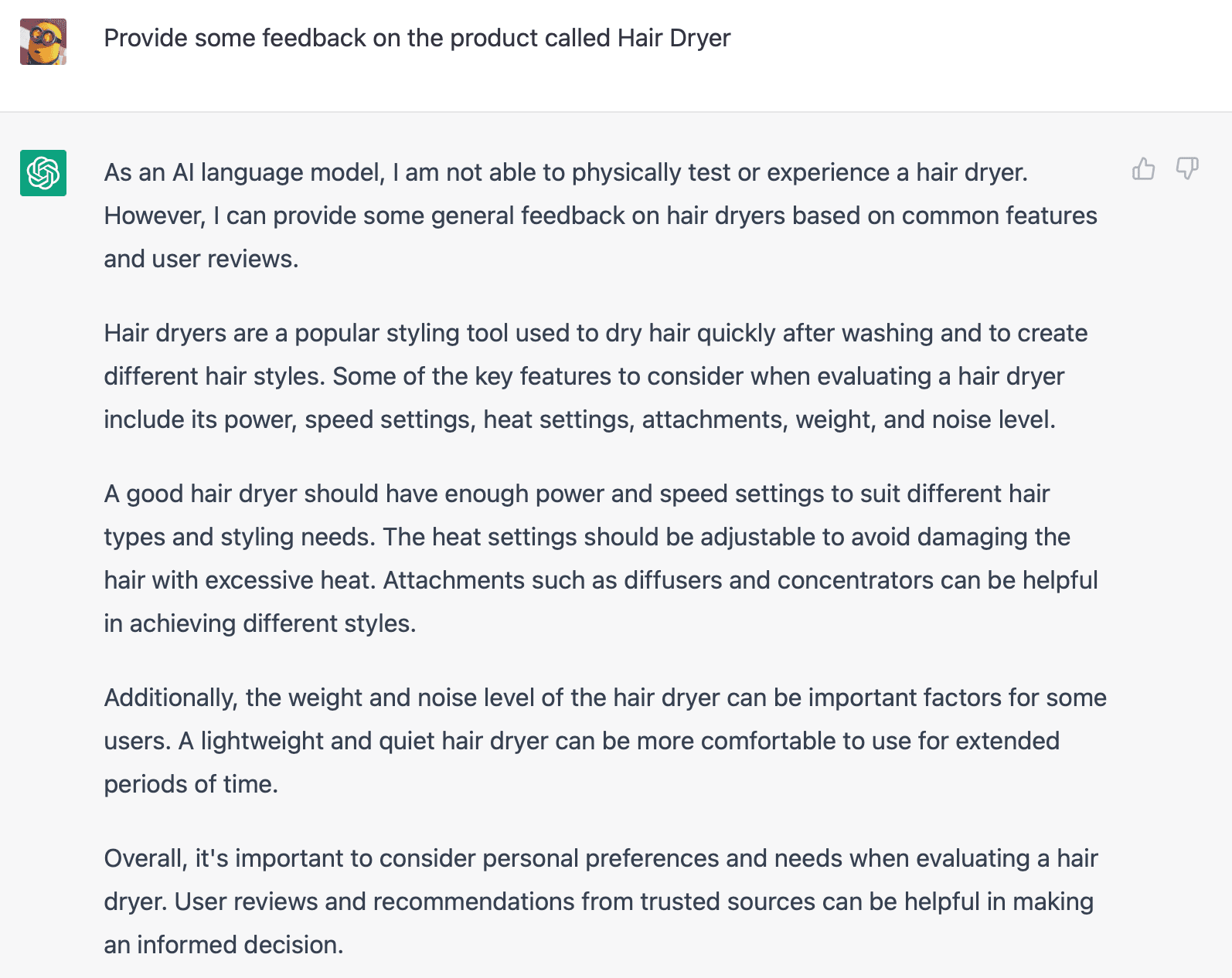
6. E-commerce Assistance
Chatbots may help customers with e-commerce transactions by making product suggestions and resolving to ship and return inquiries.
It can assist in increasing conversion rates and decreasing shopping cart abandonment.
ChatGPT can also assist you in starting your own e-commerce business by developing a marketing strategy to drive traffic to your website and begin making sales.
This process may involve additional steps, such as sourcing products, managing inventory, and setting up payment processing. Still, with ChatGPT, you can start building a successful e-commerce business.
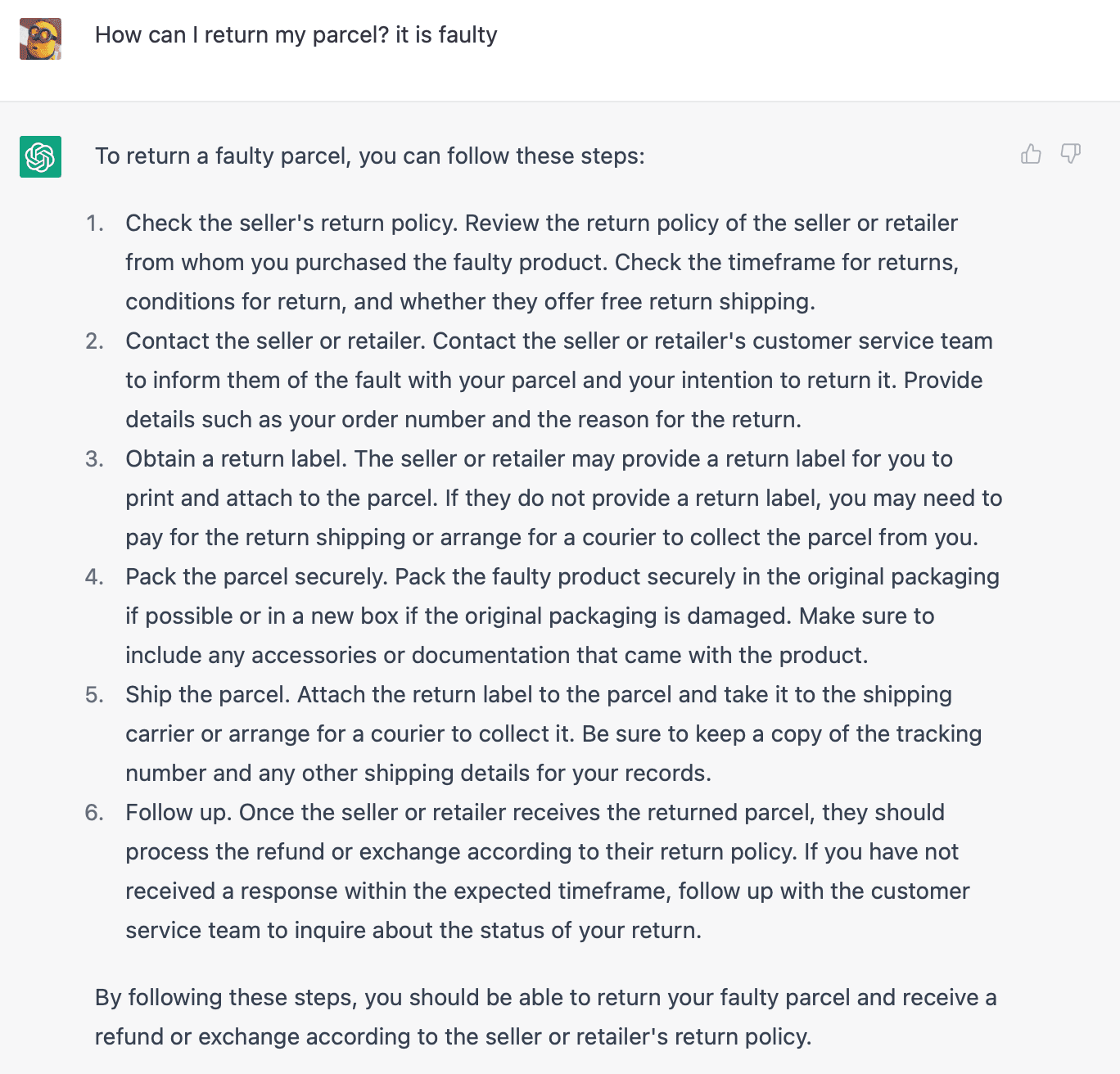
7. Content Distribution
ChatGPT can help you distribute content like blog articles and whitepapers. This can help increase brand exposure and position a business as an industry thought leader.
ChatGPT is a great tool for marketers and writers to get suggestions on unique and out-of-the-box ideas for their next content. To avoid plagiarism, marketers can use Copy Checker tool because plagiarism can cause your SEO to fall significantly.
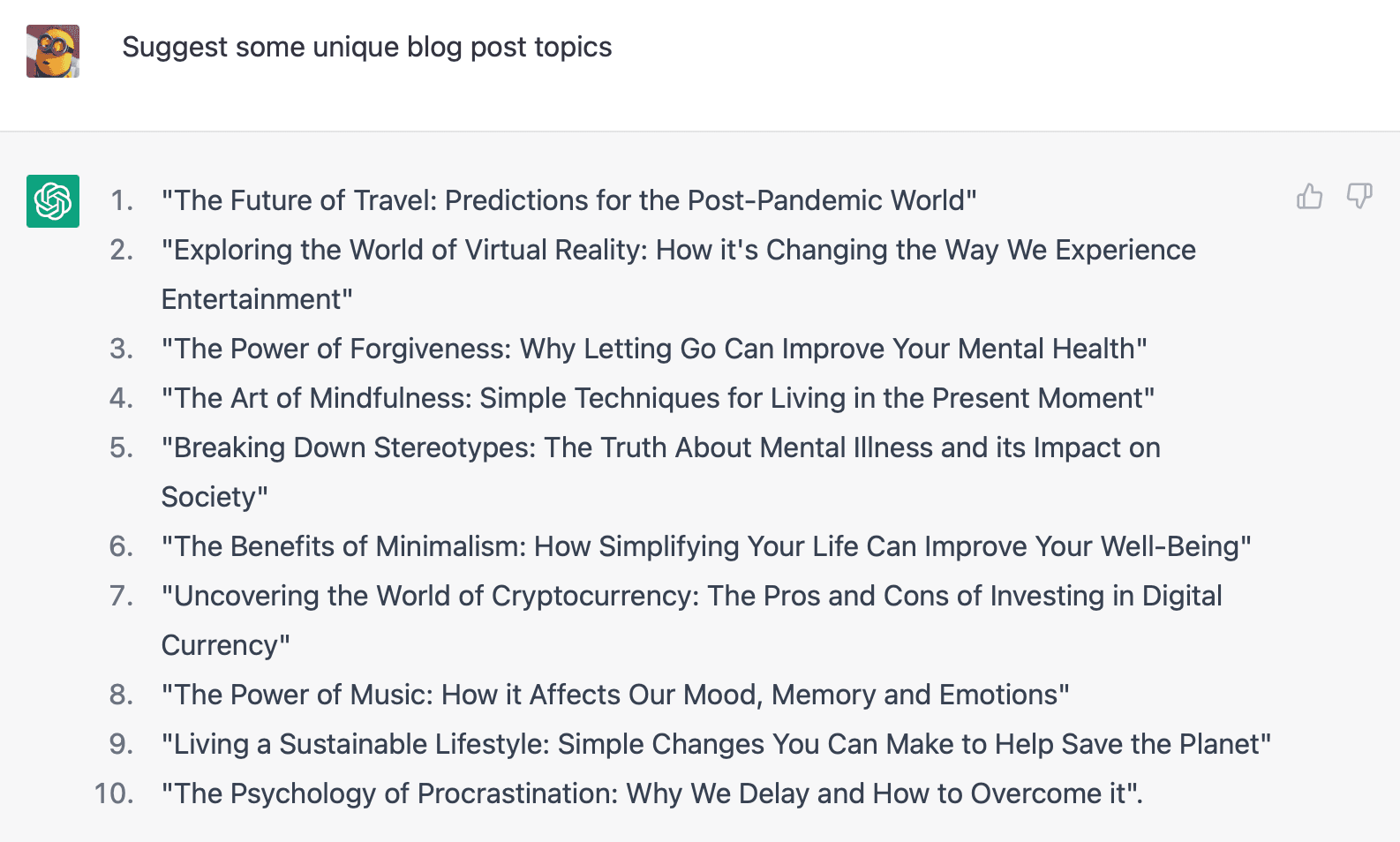
8. Event Advertising
Chatbots may help advertise events like webinars and conferences by answering queries and offering registration details. Which in return can improve attendance and interest.
9. Feedback Gathering
Chatbots can collect user input and provide useful insights to improve goods and services. This can boost consumer happiness and loyalty.
10. Social Media Marketing
Several companies have turned to automate media platforms. There are various systems available for scheduling, simplifying, and optimization. ChatGPT will execute the following tasks:
Scheduling: ChatGPT may improve social media post-scheduling according to audience behavior, preferences, and peak usage periods.
Analysis: The software may analyze data and give insights on customer behavior, preferences, and trends to deliver actionable insights for developing a more effective plan.
Advertising: ChatGPT can evaluate data to provide the ideal ad formats and creative aspects for a company's campaign.
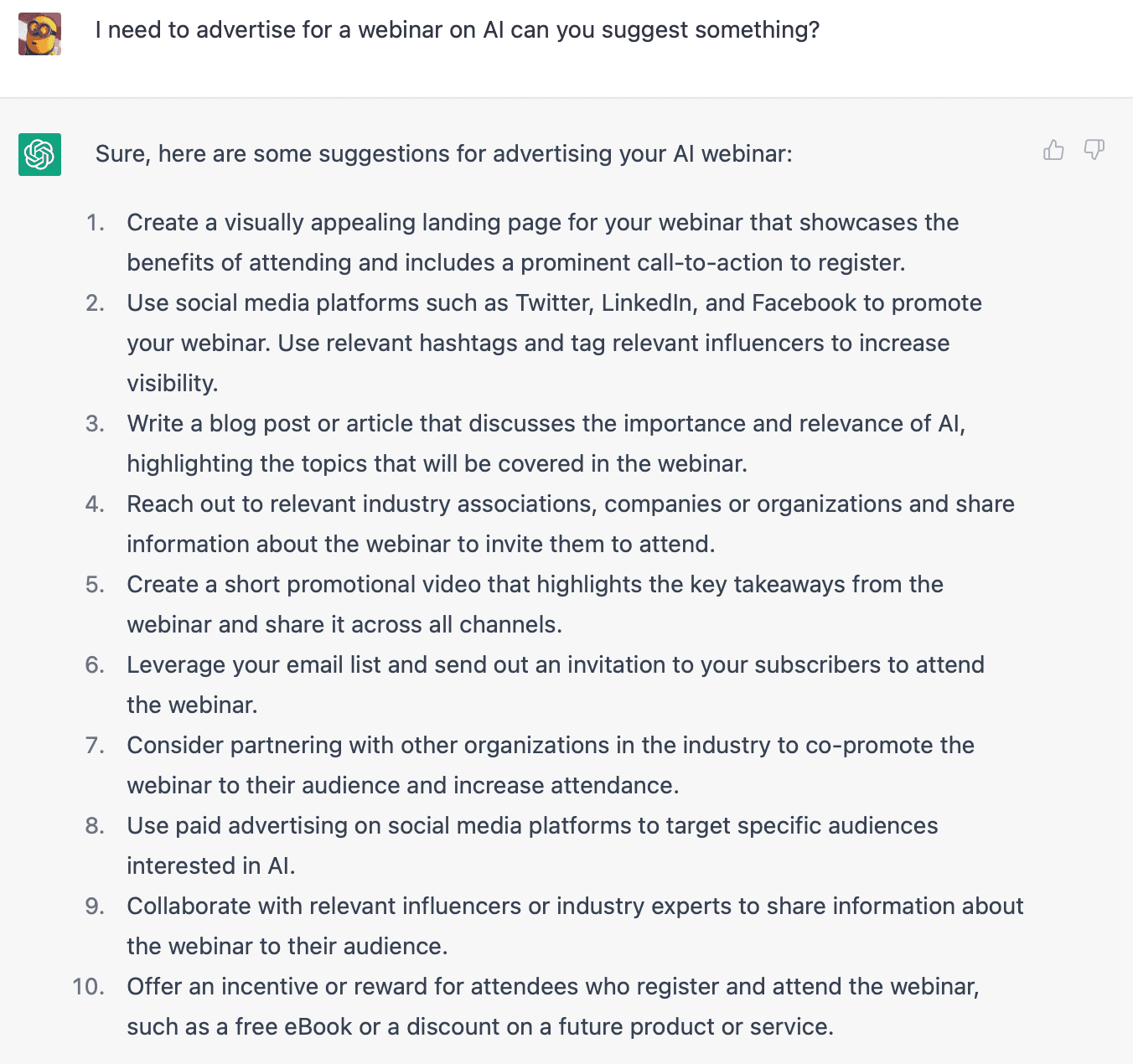
11. Sales Assistance
Chatbots may help sales teams by delivering product and service information and answering queries from potential customers.
Which can significantly increase sales while also reducing the strain on salespeople.
12. Search Engine Optimization
SEO refers to the volume of online traffic and the relevancy of that traffic to your online businesses.
ChatGPT for marketers can assist with SEO, a fantastic tool for growing their search engine results to recruit and keep existing clients.
Keywords: The AI will explore its vast library for appropriate keywords according to a specific prompt or topic. Marketers may then optimize their content and copy using those keywords.
Descriptions: Relevant meta descriptions assist in boosting click-through rates on listings from search engines. ChatGPT uses its data to build meta descriptions that help increase conversion rates.
Related: 15 Surprising Ways ChatGPT Can Change Your Life. Here, you can learn more about how ChatGPT can help your business in search engine optimization.
13. Data Management
There is so much data that tracking marketers must organize to keep up with their target audience's needs. A spreadsheet, such as Excel or Google Sheets, is often the simplest method to keep track of data.
But, if marketers have yet to be schooled in spreadsheet formulae, it may be highly tedious and time-consuming. ChatGPT can alleviate your frustration.
ChatGPT may produce spreadsheet data lists by entering client information, research results, budgets, and consumer comments.
14. Voice Support
The more inclusive and friendly a company is, the more natural promotion it receives.
Connect ChatGPT with voice assistants like Amazon Alexa or Google Home to offer a more comprehensive customer support experience.
Customer care: A voice assistant that provides customers with automated and conversational customer care.
Product details and suggestions: ChatGPT may sync product information and suggestions with the device's speech reader to assist clients in finding the correct items and services based on their requirements and preferences.
Limitations of ChatGPT for Marketers
ChatGPT can be a helpful marketing tool as an AI language model; however, it has several limitations. Among these restrictions are the following:
○ Lack of Emotional Intelligence
ChatGPT cannot grasp or express emotions in the same way that humans can. It can create writing that seems courteous or sympathetic, but it lacks the emotional intelligence of a human being.
○ Need for More Context Awareness
ChatGPT is a machine-learning model that can produce answers in response to input.
It may only sometimes comprehend the context or backdrop of a conversation, which can lead to mistakes or misinterpretations.
○ Unable to Make Customized Suggestions
ChatGPT cannot make tailored suggestions based on a user's preferences or previous activity.
It can create replies depending on the information it gets, but because it cannot access the user's data, it cannot make personalized suggestions.
○ Limited Creativity
While ChatGPT may create a language that sounds human, it is nevertheless constrained by the data on which it was trained.
It may need to improve in developing highly original or new marketing concepts or messaging.
○ Ethical Issues
AI in marketing poses ethical problems surrounding data protection, transparency, and prejudice.
ChatGPT, like a language model, is only as impartial as the data on which it was trained, which may result in biased or discriminating results.
To avoid these ethical difficulties, employing AI in marketing ethically and transparently is critical.
○ Facts Check
While ChatGPT is extremely sophisticated, its source is the Internet, and only some things you find online are factual.
As a result, there is no assurance of 100% accuracy while using the program. Marketers should always double-check the accuracy of their ChatGPT encounters.
Conclusion
Finally, ChatGPT is a helpful tool for marketers aiming to increase customer engagement and conversions.
Marketers could offer personalized communication, 24/7 availability, lead creation, customer support, and market research by harnessing the capabilities of AI-powered chatbots.
Chatbots are set to become an increasingly crucial component of the marketing landscape as technology advances.

